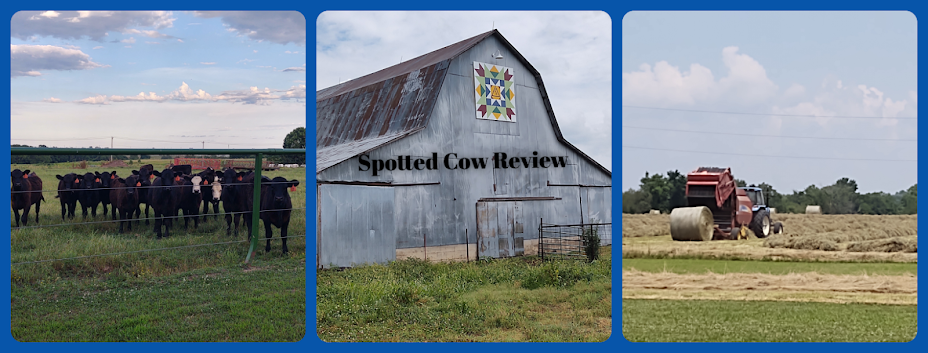During last month's dairy farm tours that I provided to the Northwest Arkansas home school students and their families, I was asked several times if we sold raw milk (unpasteurized milk) from the farm.
The simple answer was NO but it provided me the opportunity to share the facts about the benefits of pasteurization.
As a dairy farmer, mother and a nurse, I'm passionate about the importance pasteurization plays in providing safe milk and dairy products. Since the introduction of pasteurization more than a century ago, it has been recognized around the world as an essential tool for ensuring that milk and dairy foods are safe.
Although many states (including Arkansas) are now allowing the sale of raw milk (unpasteurized milk) it is a violation of federal law to sell raw milk for consumer use across state lines.
Pasteurization has helped provide safe, nutrient rich milk, and cheese for over 100 years and because of pasteurization, less than 1.5 percent of annual food borne illness outbreaks in the United States involve dairy foods.
Here are some proven facts about milk and pasteurization:
--Pasteurization DOES kill harmful bacteria.
--Pasteurization DOES save lives.
--Raw milk DOES NOT kill dangerous pathogens by itself.
--Pasteurizing milk DOES NOT cause lactose intolerance and allergic reaction.
--Pasteurization DOES NOT reduce milk's nutritional value.
Harmful bacteria can seriously affect the health of anyone who drinks raw milk, or eats foods made from raw milk. However, the bacteria in raw milk can be especially dangerous to people with weakened immune systems, older adults, pregnant women, and children.
Thanks to proven science and technology tools like pasteurization, dairy farmers will continue providing safe, high-quality milk for my family and yours!
Showing posts with label technology. Show all posts
Showing posts with label technology. Show all posts
Monday, October 2, 2017
Monday, May 23, 2016
Dairy Farm Test Day
Once a month our cows have a test day. I'm pretty sure it's a lot easier and
less stressful being a cow on test day than it is for students taking final
exams at the end of the semester!
All our cows have to do is come to the barn and be milked on their regular schedule.
The real work for test day is done by our MidSouth Dairy Herd Improvement
Technician Greg. He arrives before milking to place his measuring meters
in the barn, organizes his milk vials and prepares to collect each sample.
When sampling is finished, information is typed into our computer system
and the samples will be shipped to the lab for analysis.
In less than a week we will have information at our fingertips via email.
The test results provide us with an analysis of the milk volume and
components of each cow's milk and are used as part of the record keeping
system to guide us in the management of our dairy herd.
Greg provides dairy herd improvement service to dairy
farms in Arkansas, Oklahoma and Kentucky.
It's dedicated people like Greg that work with us down on
the dairy farm to produce high quality milk.
Tuesday, March 31, 2015
Generational Sustainability
We think it's bad when the power suddenly goes out and internet availability is gone, but can you imagine living without electricity , running water or a vehicle to drive? Even with all the modern conveniences, I still need more hours in the day!
Science and modern technology have improved not only our lifestyle but efficiency in food production. It's a fact that today, a farmer supplies food for more than 150 people in the U.S and abroad, compared with just 25.8 people in 1960, and on less land every year.
I don't think the word sustainability was used by my mother-in-law as she worked the land with her father in the 1940's but I do know that every day, just like today, required efficiency and careful use of all resources.
In our modern farming world, Sustainable agriculture was actually defined by the U.S. government in the 1990 farm bill.
Here are the five elements of the USDA definition of sustainable agriculture:
- Satisfy human food and fiber needs
- Enhance environmental quality and the natural resource base upon which the agricultural economy depends
- Make the most efficient use of nonrenewable resources and on-farm resources and integrate, where appropriate, natural biological cycles and controls
- Sustain the economic viability of farm operations
- Enhance the quality of life for farmers and society as a whole
be found at Midwest Dairy or Dairygood.org.)
Although the look of the family farm and the technologies have changed with each generation, we still have the same values of caring for the land and animals as we work to produce high-quality,nutritious milk.
Subscribe to:
Posts (Atom)





